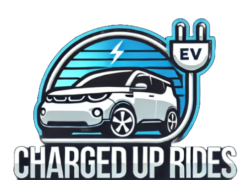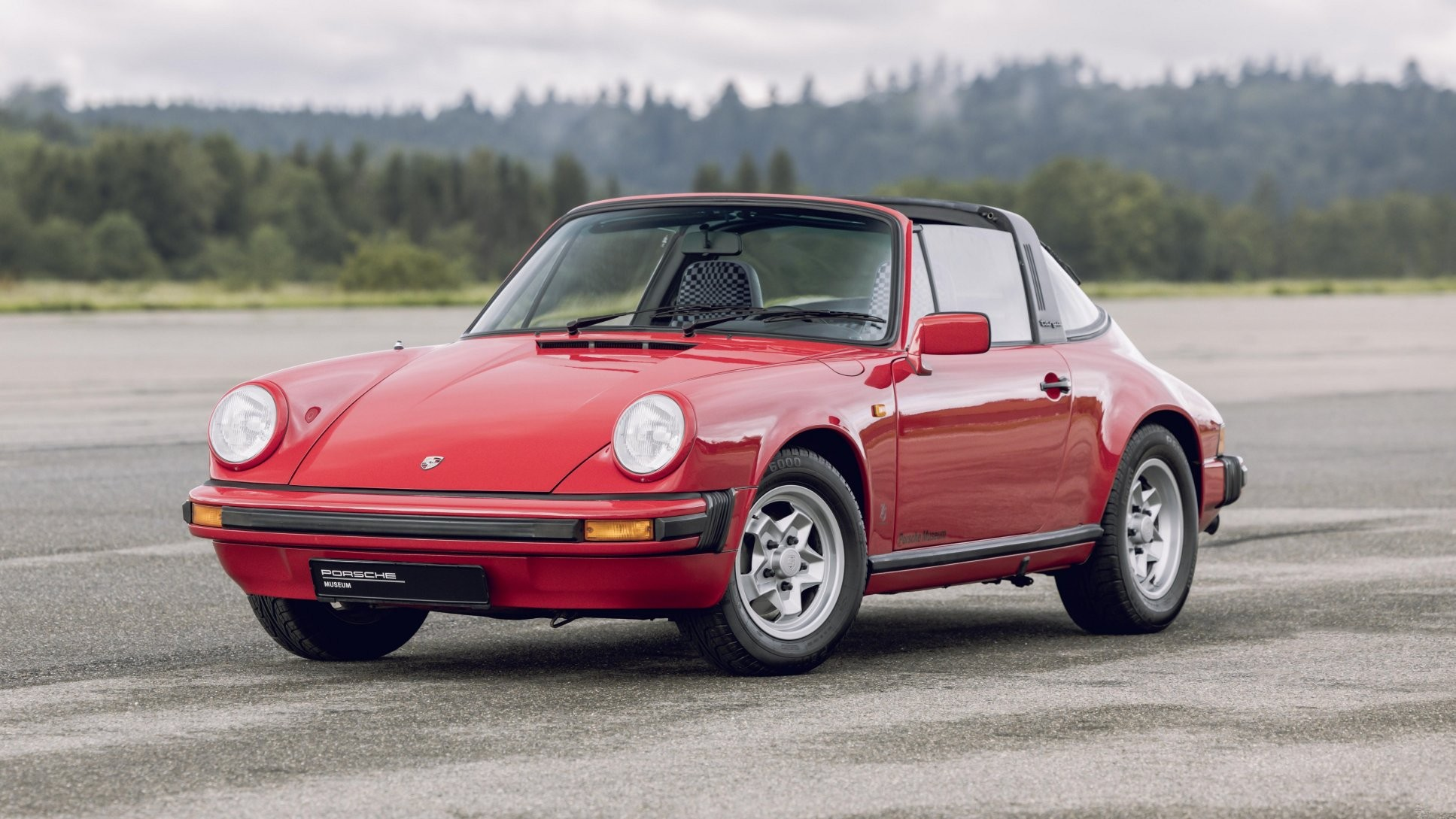Converting a classic Porsche 911 into an electric vehicle (EV) is an exhilarating project that combines modern technology with timeless design. One of the most critical decisions in this conversion process is selecting the right electric motor. The motor you choose will directly impact the performance, efficiency, and overall driving experience of your newly electrified 911. This blog will guide you through the key considerations and options available when choosing an electric motor for your Porsche 911 conversion.
Understanding Electric Motor Types
When it comes to electric motors for vehicle conversions, there are primarily two types to consider: AC (Alternating Current) motors and DC (Direct Current) motors. Each type has its advantages and disadvantages, and the choice will depend on your specific goals for the conversion.
AC Motors
Advantages:
- Higher Efficiency: AC motors typically operate at higher efficiency levels, often exceeding 95%. This means they can deliver more power while consuming less energy, which is crucial for maximizing range.
- Regenerative Braking: Many AC motors can regenerate energy during braking, which helps recharge the battery and extends driving range.
- Performance: AC motors, particularly induction motors, provide excellent torque and acceleration, making them suitable for high-performance applications like the Porsche 911.
- Durability: With fewer moving parts and no brushes, AC motors tend to require less maintenance and have a longer lifespan.
Disadvantages:
- Cost: AC motors can be more expensive than their DC counterparts, both in terms of initial purchase and installation costs.
- Complexity: The integration of an AC motor often requires more sophisticated control systems, which can complicate the conversion process.
DC Motors
Advantages:
- Simplicity: DC motors are generally easier to work with and integrate into existing vehicle systems, making them a popular choice for DIY conversions.
- Cost-Effective: They are often less expensive than AC motors, which can make them appealing for budget-conscious projects.
- Torque Control: DC motors provide good torque at low speeds, which can be beneficial for city driving and stop-and-go traffic.
Disadvantages:
- Lower Efficiency: DC motors typically operate at lower efficiency levels (around 88-92%), which can affect overall range.
- Maintenance: They require more maintenance due to brush wear and the potential for overheating, especially under heavy load.
Performance Considerations
When converting a Porsche 911, performance is paramount. Here are some key performance metrics to consider:
- Power Output: The power output of the motor is crucial for achieving the performance you desire. For a Porsche 911, you might consider motors in the range of 160 kW (approximately 215 horsepower) to 240 kW (approximately 322 horsepower) or more, depending on your performance goals. Higher power outputs will yield quicker acceleration and higher top speeds.
- Torque: Torque is vital for acceleration and driving dynamics. Look for motors that provide high torque at low RPMs, as this will enhance the driving experience. For example, some electric motors can deliver torque figures exceeding 3,000 Nm, which is significantly higher than most combustion engines.
- Weight and Size: The weight and size of the motor are important factors, especially in a sports car like the 911. A lighter motor can help maintain the vehicle’s balance and handling characteristics. Additionally, consider how the motor’s dimensions will fit within the existing engine bay.
- Cooling Requirements: Electric motors generate heat during operation, so consider the cooling requirements. Some motors may require additional cooling systems, which can add complexity to the conversion.
Recommended Motor Options for Porsche 911 Conversions
Several manufacturers offer electric motors specifically designed for vehicle conversions, including those suitable for the Porsche 911:
- Tesla Motors: Tesla’s electric motors are known for their high performance and efficiency. Many conversion projects utilize Tesla drivetrains due to their proven track record and robust performance metrics.
- NetGain Motors: Known for their AC motors, NetGain offers a range of options suitable for performance vehicles. Their motors are popular among custom car builders and EV enthusiasts.
- HPEVS (High Performance Electric Vehicle Systems): HPEVS provides AC and DC motors designed for high-performance applications. Their systems are known for reliability and performance.
- Electrogenic: Specializing in classic car conversions, Electrogenic offers conversion kits for the Porsche 911, including motors that deliver impressive performance and efficiency. Their kits are designed to integrate seamlessly with the vehicle’s existing architecture.
Conclusion
Choosing the right electric motor for your Porsche 911 conversion is a critical step that will influence the vehicle’s performance, efficiency, and driving experience. By understanding the differences between AC and DC motors, considering performance metrics, and exploring available options, you can make an informed decision that aligns with your goals for the project.
Whether you aim for a high-performance sports car or a more relaxed cruiser, the right motor will help you achieve the electrifying driving experience that a Porsche 911 deserves. Embrace the challenge, enjoy the journey, and look forward to the thrill of driving your electrified classic.

